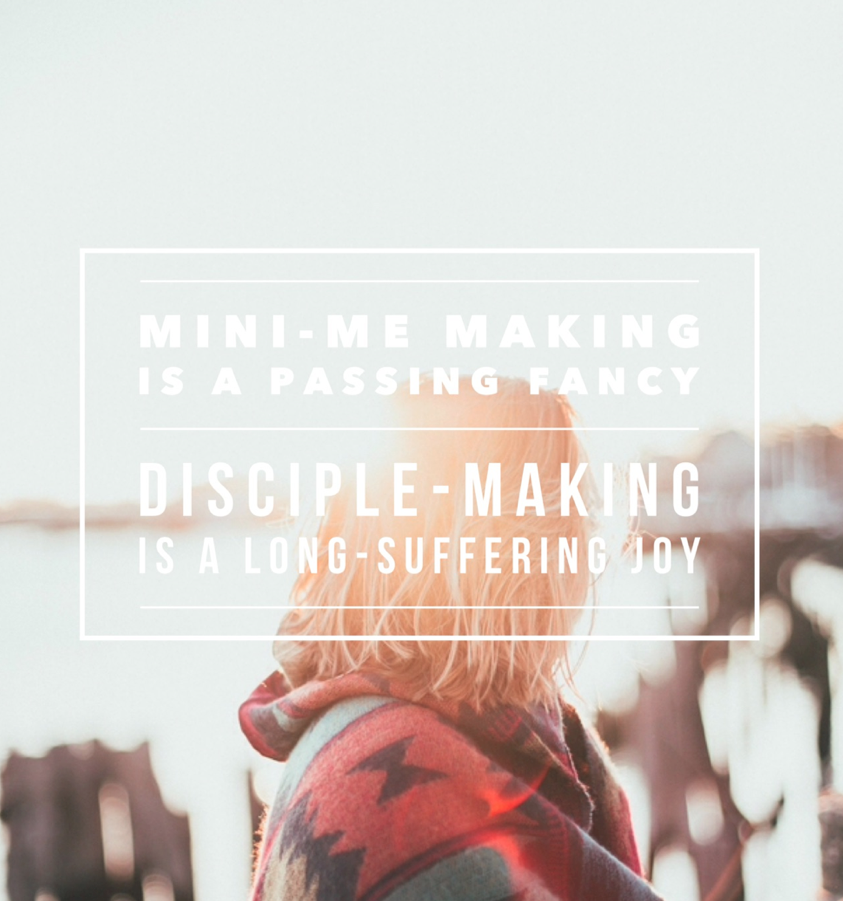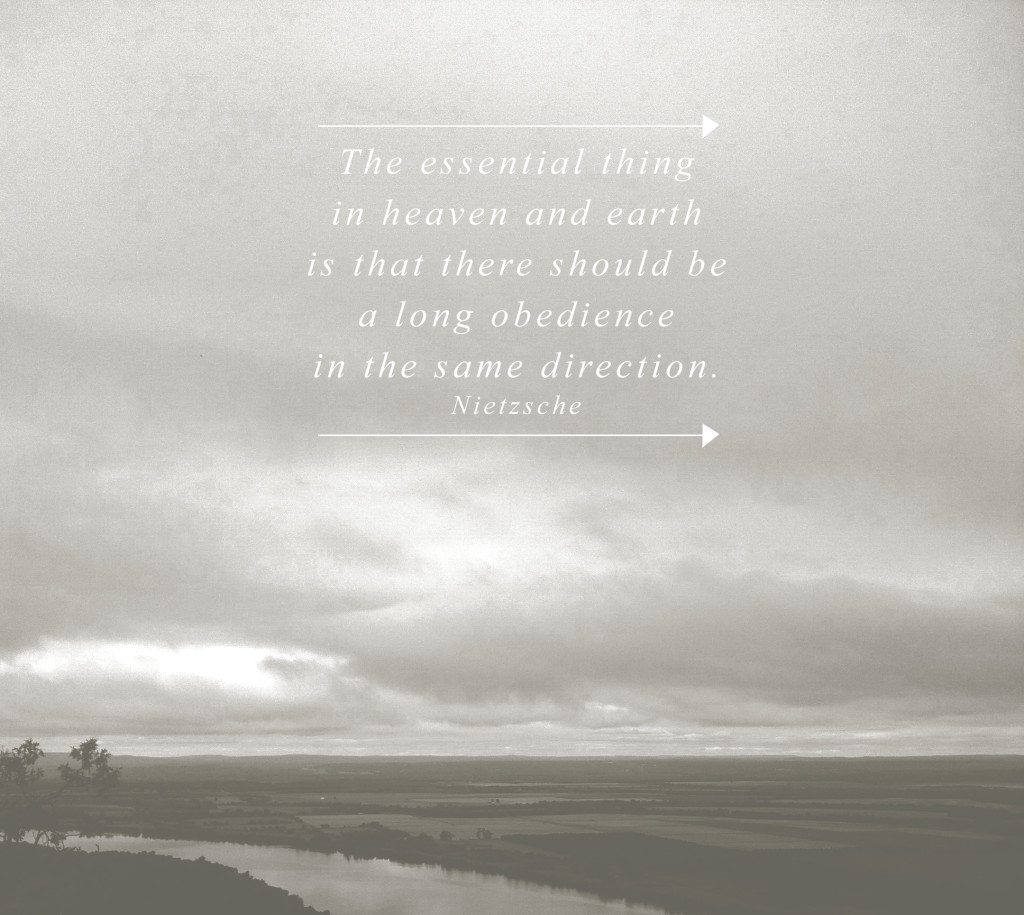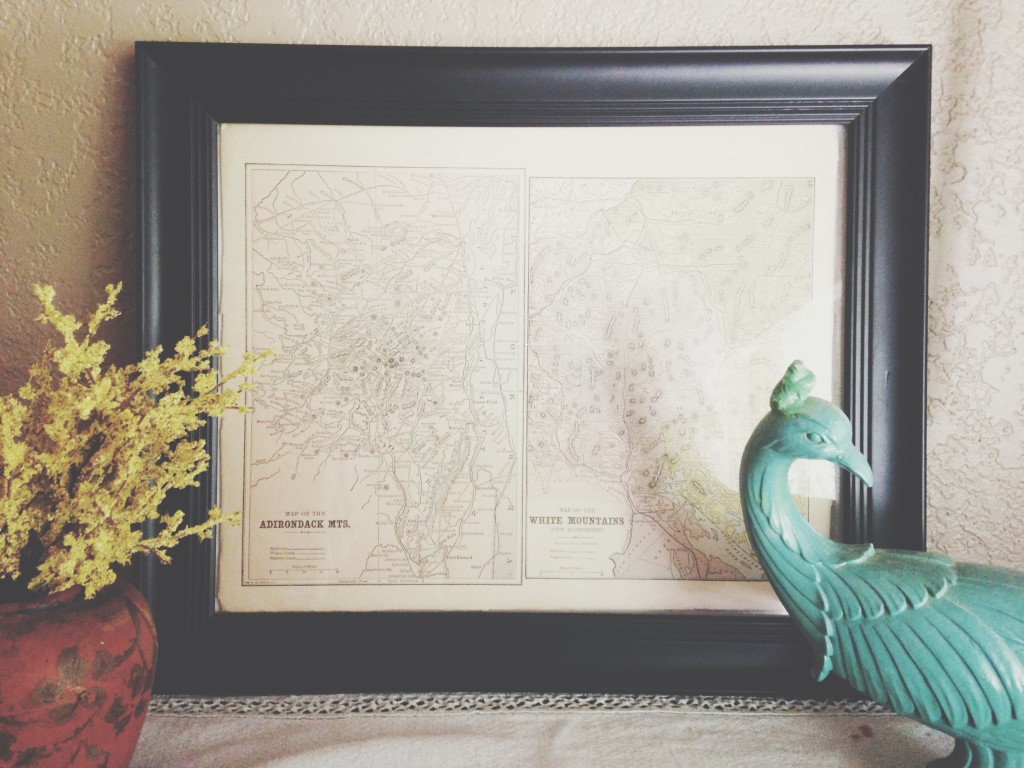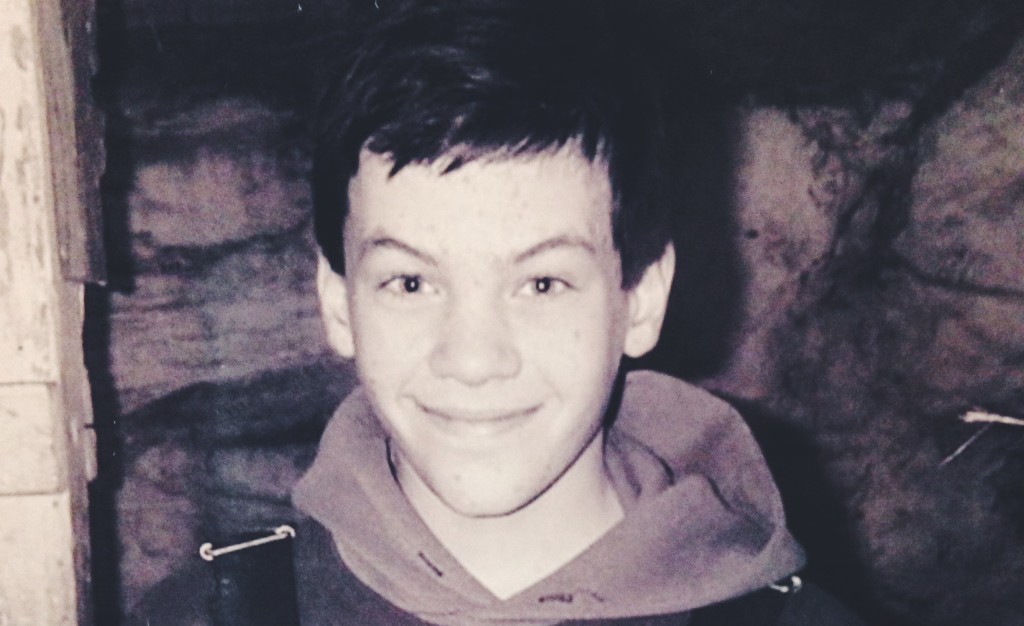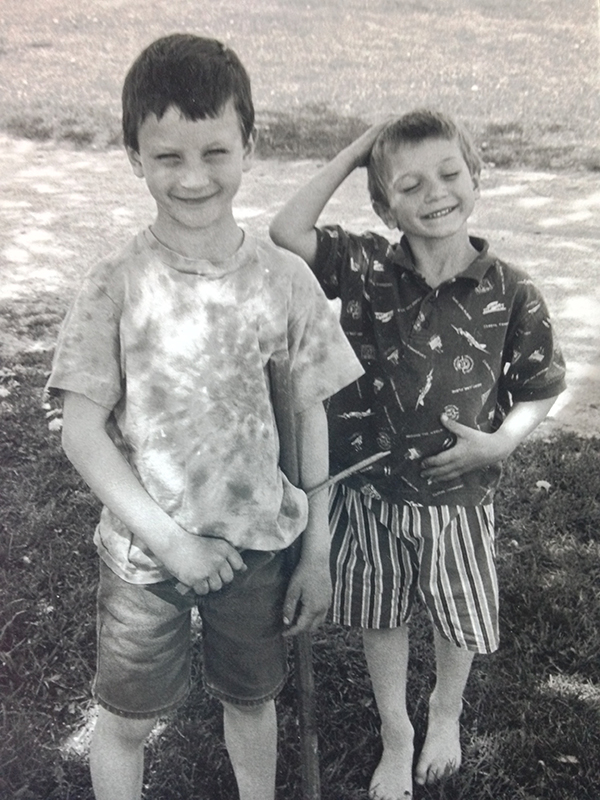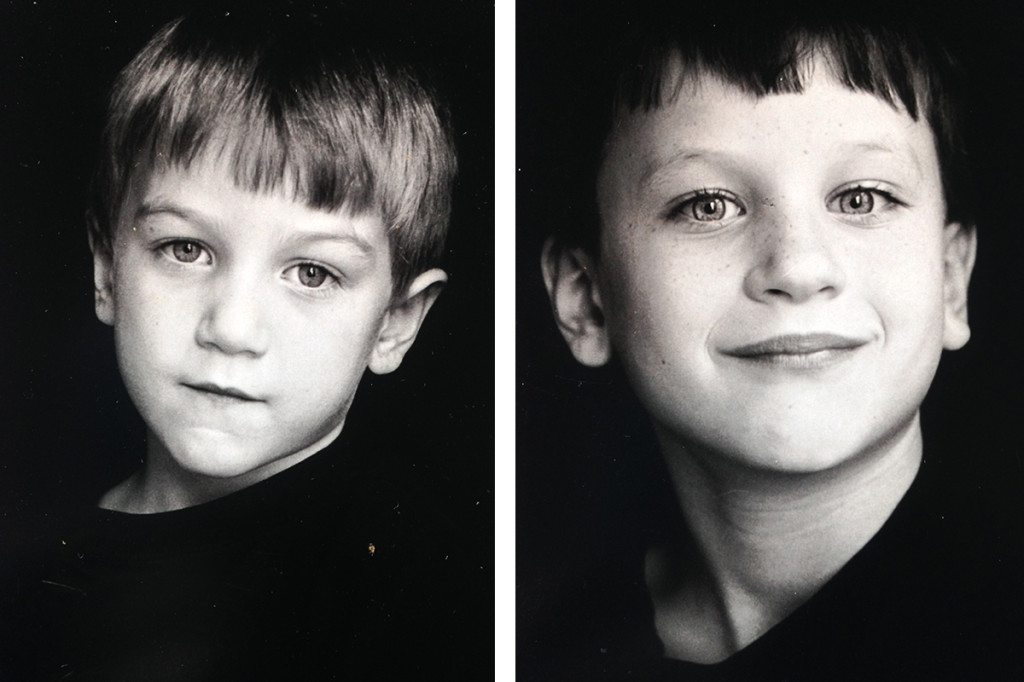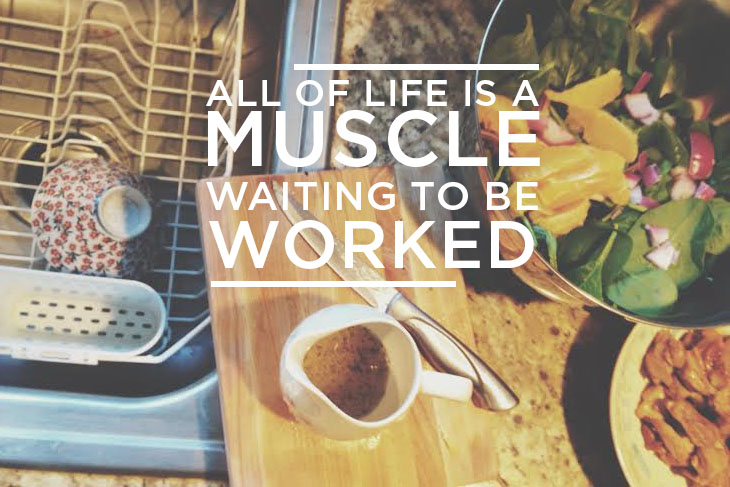Honeymoon Phase and When Everything Crushes at Once
Spurgeon said, "I have learned to kiss the wave that strikes me against the rock of ages," and I have written about it before. It still stands that I'd rather kiss the wave after it's battered and thrown me against the Rock instead of while it is battering and throwing me. I am human and therefore value self-preservation. Honeymoon stage is a phrase I wish didn't enter the Christian's vocabulary. If marriage is to be a reflection of Christ and the Church and we are to worship at His throne forever in joy, why would we think earthly marriage should be different? I know just saying that has some of you shaking your heads, "Just you wait, Lore, it's coming for you." To that I want to say this: our honeymoon was one week and two days long, we spent it in Aspen, eating delicious food and having lots of sex. It was everything a honeymoon should be.
And then we came down out of the mountains to a new city, bought a house, started a job, lived in a basement apartment for a month, tried to make a new and different church feel like home, and we still don't know who our people here are. Honeymoon was vacation, this is real life.
In the still dark hours of the morning a few weeks ago I made breakfast, sat down to drink my coffee, and read my bible while the man ran and then showered. He joined me when my coffee was drunk and we had a hard discussion on the realities of life: we need a new roof ($15,000) and his car needs $4000 dollars worth of work. That's nearly $20,000 out of our honeymoon stage budget.
I got to work and he texted a few minutes later to call him. His contract won't be renewed for his remote job. He understands and is full of faith, and has a skill set that's useful and employable anywhere, but the kick in the gut still hurts. This wasn't part of the honeymoon. He's been looking now for a month and jobs are harder to come by than we thought.
In September I miscarried. For fifteen days I bled and cried and couldn't answer the question: why? and what? This foreign emotion of being tied to something inextricably and forever felt alien. I am still learning what it means to live "until death us do part," but that is a two way commitment and this felt painfully one way.
I say all this because I feel the waves and they're battering and pressing and bruising, but I wake up every single day confident of the goodness of God in the land of the living. I wake up confident that living means really living, really seeing God's goodness, not lowering my eyes to the sinking depths of life, but raising them to the One from whom my help comes.
Buechner said, "This is the world: beautiful and terrible things will happen," and I have thought of it often in recent months. Sometimes Colorado is so achingly beautiful and so achingly hard at the same time. And sometimes marriage is. And sometimes church is. And most of the time life is.
I think often on Psalm 73: the nearness of God is my good, and I ask often that I would not just know his nearness, but I would feel it too.
I don't know what's going on in your life today, what waves are throwing you against the Rock of Ages or what beautiful and terrible things are happening, but I know this: He is good and He is near, especially to the brokenhearted and crushed in spirit. His love for you is not a honeymoon love, fervent in the beginning and waning when real life hits. His love for you is everlasting and always good.
In the mountains and in the valleys. In still seas and stormy ones. He remains.




